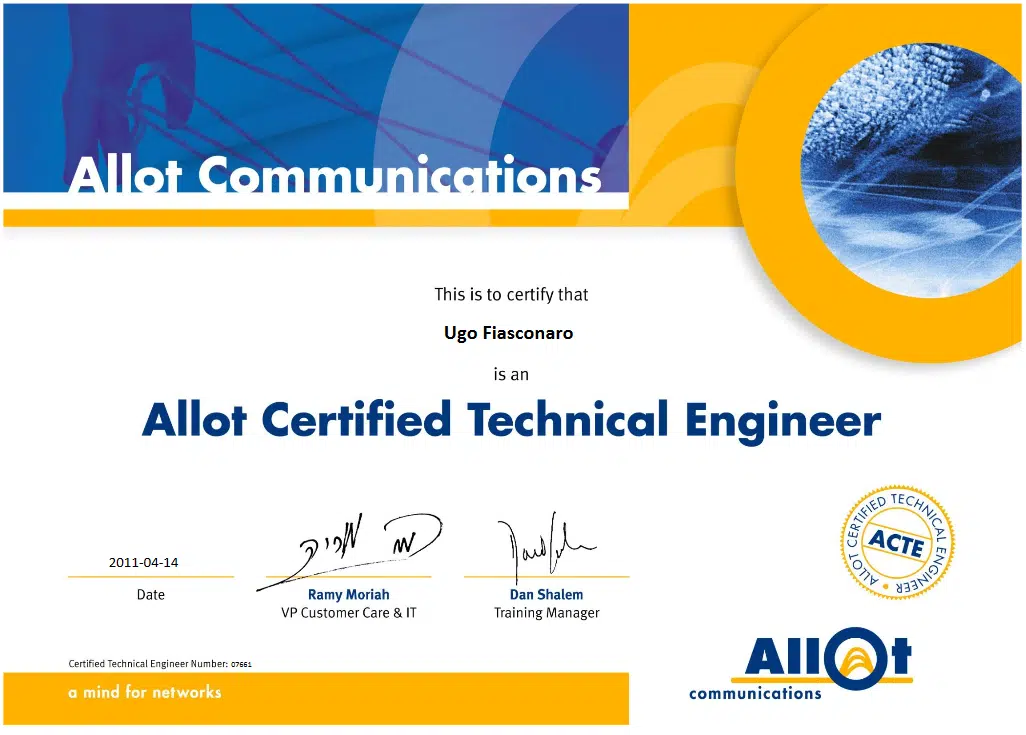WebSense Content Gateway Information Protection

Websense Content Gateway
Websense Content Gateway is an advanced security solution designed to protect corporate networks from the threat of malicious web content. The certification path to become an expert in the field of Web Security and specialized in the implementation and management of Websense Content Gateway can be divided into several phases.
The first phase is the acquisition of basic knowledge of cybersecurity and the fundamental concepts of web content management. This can be achieved through online courses, specialized learning materials, or hands-on experience in the cybersecurity industry.
Once you have the basics, the next step is to participate in specific training courses offered by Websense or its authorized partners. These courses can cover topics such as Websense system architecture, configuration and integration with other security tools, managing security policies, and much more.
After successfully completing the training courses, you can proceed to the official certification exam offered by Websense. This exam tests individuals’ abilities to effectively design, implement, and manage Websense Content Gateway. Passing this exam demonstrates the expertise and in-depth knowledge needed to successfully work with this security solution.
Once certified, it is important to keep your skills up to date by participating in ongoing training programs and closely following developments in the field of cybersecurity and web content management. This ensures that professionals are always up to date with the latest technologies and industry trends.
Additionally, to further solidify their skills and gain more hands-on experience, certified professionals are recommended to participate in real-world projects involving the implementation and management of Websense Content Gateway in real-world enterprise environments. This hands-on experience helps you apply the knowledge you gain in training courses and while studying for the certification exam.
Finally, a crucial step in the certification journey is to build a strong professional network of other cybersecurity industry experts and professionals who work with Websense Content Gateway. Collaborating with experienced colleagues provides opportunities to exchange knowledge and experiences, address common challenges and stay up to date on industry best practices.
In conclusion, the path to certification in Websense Content Gateway requires commitment, continuous study and above all practical experience. Obtaining this certification not only demonstrates the technical skills needed to successfully work with this advanced solution but also opens doors to new professional opportunities in the ever-growing field of cybersecurity.












